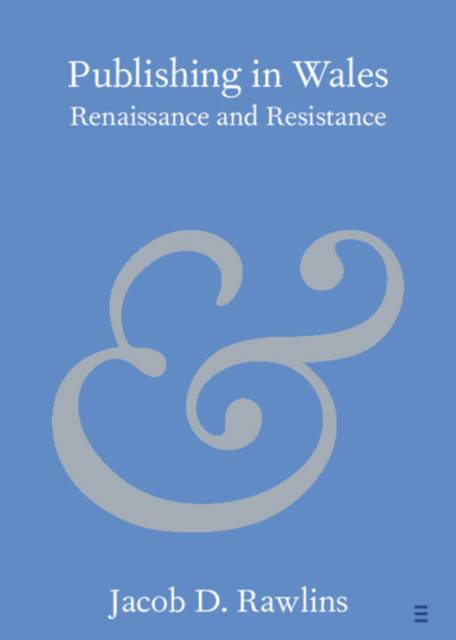
- Afhalen na 1 uur in een winkel met voorraad
- Gratis thuislevering in België vanaf € 30
- Ruim aanbod met 7 miljoen producten
- Afhalen na 1 uur in een winkel met voorraad
- Gratis thuislevering in België vanaf € 30
- Ruim aanbod met 7 miljoen producten
Zoeken
Omschrijving
The creation of texts preserves culture, literature, myth, and society, and provides invaluable insights into history. Yet we still have much to learn about the history of how those texts were produced and how the production of texts has influenced modern societies, particularly in smaller nations like Wales. The story of publishing in Wales is closely connected to the story of Wales itself. Wales, the Welsh people, and the Welsh language have survived invasion, migration, oppression, revolt, resistance, religious and social upheaval, and economic depression. The books of Wales chronicle this story and the Welsh people's endurance over centuries of challenges. Ancient law-books, medieval manuscripts, legends and myths, secretly printed religious works, poetry, song, social commentary, and modern novels tell a story of a tiny nation, its hardy people, and an enduring literary legacy that has an outsized influence on culture and literature far beyond the Welsh borders.
Specificaties
Betrokkenen
- Auteur(s):
- Uitgeverij:
Inhoud
- Aantal bladzijden:
- 100
- Taal:
- Engels
- Reeks:
Eigenschappen
- Productcode (EAN):
- 9781108948173
- Verschijningsdatum:
- 28/04/2022
- Uitvoering:
- Paperback
- Formaat:
- Trade paperback (VS)
- Afmetingen:
- 127 mm x 178 mm
- Gewicht:
- 95 g

Alleen bij Standaard Boekhandel
+ 51 punten op je klantenkaart van Standaard Boekhandel
Beoordelingen
We publiceren alleen reviews die voldoen aan de voorwaarden voor reviews. Bekijk onze voorwaarden voor reviews.








